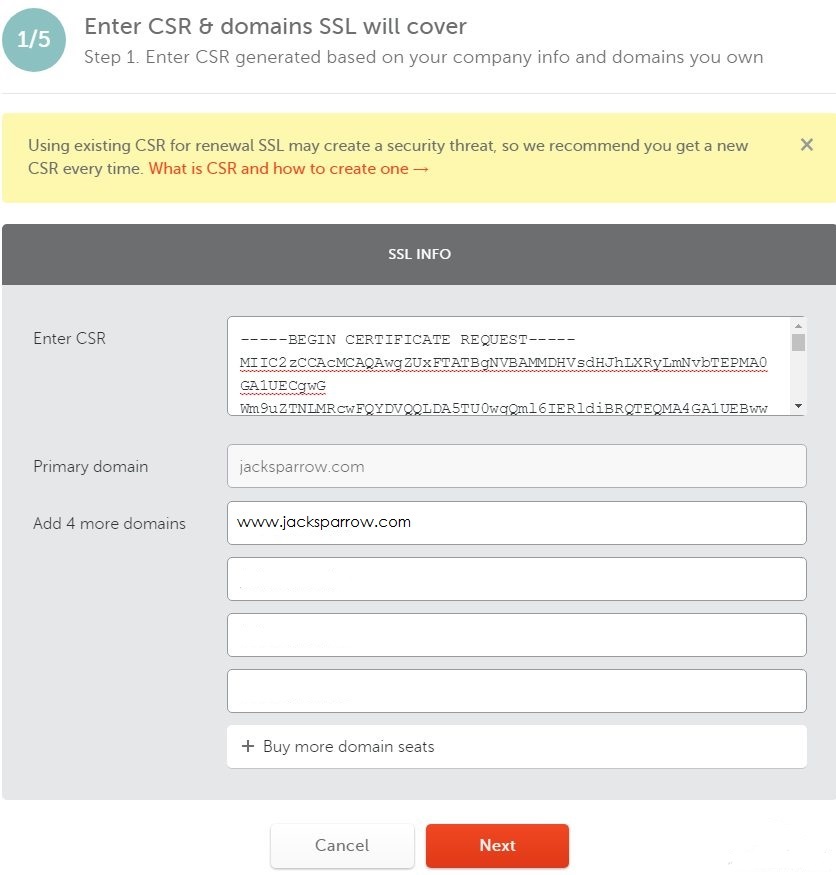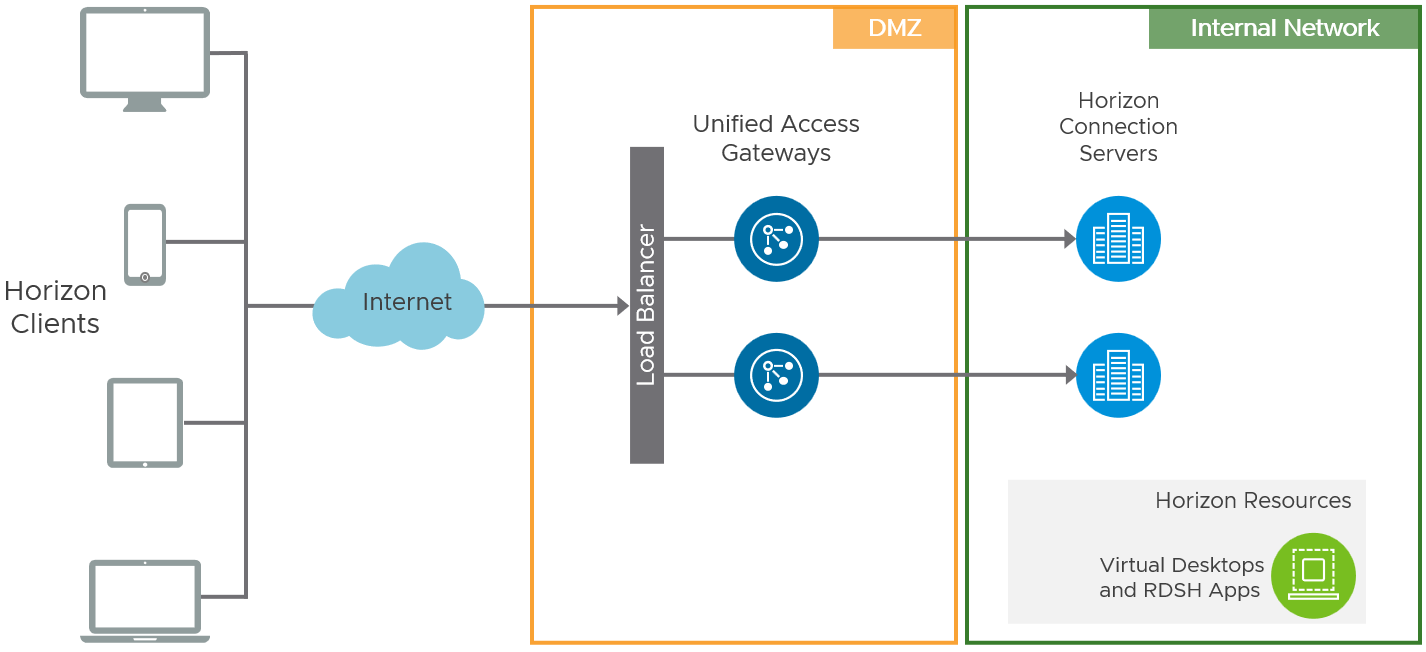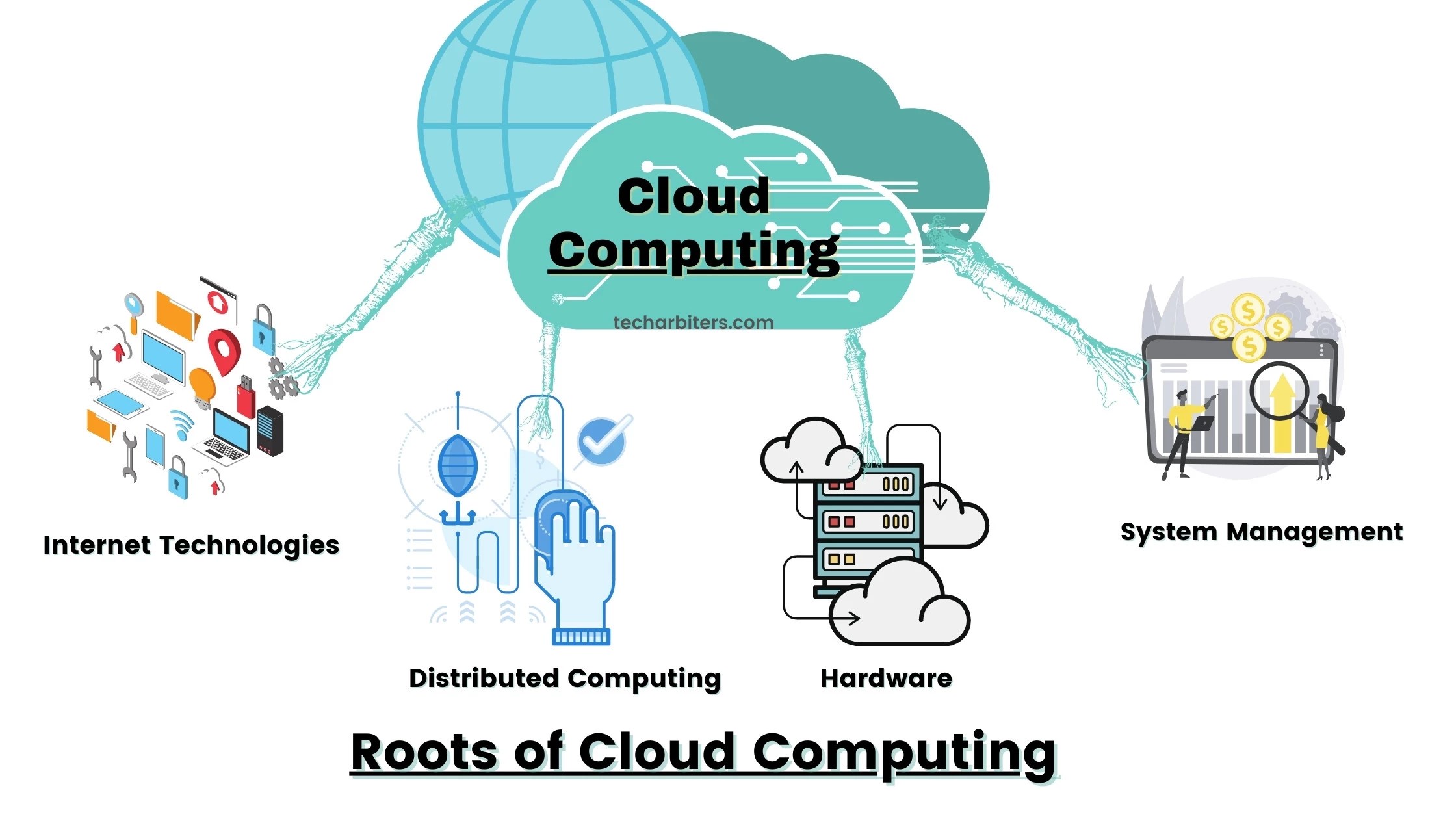
There are several kinds of web hosting services. Each one offers different features and plans. Web hosts house their servers in data centers, meaning subscribers don't need to worry about purchasing their own servers. A web host's users can access their website by simply entering their URL into their web browser. After translating it to an IP, the web server will send it. The web host leases out the space to subscribers.
Shared Hosting
Because it allows multiple sites to be hosted at once, shared hosting is the most economical option for web hosting. This method spreads server maintenance costs across a large number of customers, making it the most cost-efficient option. However, if you have a large website, you might want to consider buying a dedicated server instead.
Hosting shared is a popular choice for websites with low budgets. This is an affordable and simple way to host your website. It comes with some limitations. You won't have the ability to set up your domain name or create an email address with this type of hosting.
Hosted exclusively
A dedicated hosting provider lets a single server be leased to one client. This gives website owners more system resources and greater control over their website. This is a good option for people who are concerned about data security. You can use dedicated servers to store files and emails as well as databases.

Dedicated hosting works well for large websites or businesses. You have full control over your server and can install any software you need for your site. You can even customize the security settings to meet your needs. This hosting type offers the best level of security as it is not shared with any other websites. Security can be tightened as needed.
Managed hosting
Managed hosting is a type of web hosting where the hosting provider manages the server. They take care of security and maintenance, as well as troubleshooting technical problems. Managed hosting is generally more expensive than dedicated hosting. However, you get 24/7 IT Support. Managed hosting has many benefits, and can save you a lot of money in the long run.
For one thing, managed hosting can be more efficient. Instead of spending time fixing problems, managed hosting can allow you to concentrate on creating content for your users and improving their experience. Service providers ensure server uptime and performance. It also has a control panel, which makes managing the site much easier. The control panel also offers help with development tools. Finally, managed hosting provides powerful backups. It is easy to scale up or decrease your business according to your needs. It usually takes in-house teams a long time to expand capacity.
Cloud hosting
Cloud hosting is a great option to create a secure and reliable website. Cloud hosting allows you to scale up or down the server, unlike conventional web hosting that limits each tenant site to a certain amount of server storage. The provider will only charge for the actual resources used.
Cloud hosting allows you to scale up and down depending on the amount of traffic you have. Your website won’t get overcrowded. You can quickly and easily expand your resources if your site experiences unexpectedly high traffic. Cloud hosting providers offer 24/7 support.

Web hosting for E-commerce
E-commerce websites have special needs when it comes to web hosting. These websites tend to receive higher amounts of traffic than a regular website and require a greater amount of processing power. Because these websites receive more traffic, they often require more processing power. Your website may go offline if your servers are not able to handle the requests. It is therefore important to choose a web host capable of meeting these requirements.
You should look for an ecommerce webhosting company with strong security features. Because e-commerce websites deal with a lot of customer information, it is essential to protect that data. A web hosting provider should offer SSL encryption and HTTPS security. You can also look for a web host that is PCI-compliant, which ensures that they have the latest security software.
FAQ
What Is Website Design Software?
Graphic artists, photographers, illustrators, and writers use website design software to create websites and other digital media.
There are two types main website design software options: desktop apps and cloud-based. Desktop apps are downloaded to your computer locally and you will need additional software. Cloud-based solutions can be hosted remotely over the internet. They are ideal for mobile users as they don't require additional software.
Desktop Applications
While desktop applications offer more advanced features than those in cloud-based solutions, they aren't always necessary. Some people prefer to work only from a desktop application because it is more convenient. Some prefer to use the exact same tool whether they're using a smartphone or a laptop.
Cloud-Based Solutions
Cloud-based services are the best choice for web developers who want to save both time and money. These services allow you to edit any type of document from anywhere that has an internet connection. You can use your tablet to work while you wait for your coffee brew.
You will still need to buy a license if you choose to use a cloud-based program. You will not need additional licenses to upgrade to a higher version.
These programs can be used in Photoshop, InDesign, Illustrator or any other Adobe product to create web pages.
What Should I Include in My Portfolio?
These should all be included in your portfolio.
-
Exemplaires of previous work
-
Links to your website (if applicable).
-
You can also find links to your blog.
-
Links to social media profiles
-
You can also find links to other designers' portfolios online.
-
Any awards you have been given.
-
References.
-
Samples of your work.
-
Here are some links that will show you how to communicate with your clients.
-
These links show that you are open to learning new technologies.
-
Here are some links to show you are flexible.
-
These links show your personality.
-
Videos showing your skills.
WordPress is a CMS?
The answer is yes. It's a Content Management System. CMS is a way to manage your website content without having to use an application such Dreamweaver/Frontpage.
The best part about WordPress is that it's free! Other than hosting, which you usually get from your ISP.
WordPress was initially designed as a blogging platform but now offers many different options, including eCommerce sites, forums, membership websites, portfolios, etc.
WordPress is easy to install and set up. It is necessary to download the installation file from their site and upload it on your server. Simply visit the domain name from your web browser, and then log in to the new site.
After installing WordPress on your computer, you'll need a username and a password. Once you log in you'll be able access all your settings via a dashboard.
From this page, you can add images, pages, posts, menus or widgets to your website. You may skip this step if you feel comfortable editing and creating content.
You can, however, hire a professional Web designer to handle the whole thing if your preference is to work with another person.
What is a static web site?
A static website is where all content is stored on a server and accessed by visitors via web browsers.
The term "static", as it is sometimes called, refers not to dynamic features such changing images, videos, animations, etc.
This type of site was originally developed for use in corporate intranets but has since been adopted by individuals and small businesses who want simple websites without the complexity of custom programming.
Static sites have become increasingly popular because they require less maintenance. They are much easier to maintain than fully-featured sites with many components (such a blog).
They load much faster than dynamic counterparts. They are great for people who use mobile devices and have slow Internet connections.
Also, static websites are more secure that dynamic counterparts. A static website is impossible to hack. Hackers only have access the data in a database.
There are two main ways you can create a static web site.
-
A Content Management System (CMS),
-
Create a static HTML website
It all depends on what you need. A CMS is the best choice for anyone who is new to building websites.
Why? Because it allows you to have full control over your website. A CMS eliminates the need for a professional to set up your site. Upload files directly to the CMS.
You can still learn code and create static sites. You will need to spend some time learning to program.
Can I build my website using HTML & CSS?
Yes! You should be able to create a website if you have been following the instructions.
You now know how to build a website structure. Now you need to learn HTML and CSS coding.
HTML stands to represent HyperText Markup Language. It is similar to writing a recipe. It would list the ingredients, directions, and how to do it. HTML can also be used to inform a computer if certain parts of text should appear bold, underlined and italicized. It's the language of documents.
CSS stands for Cascading Stylesheets. Think of it like a style sheet for recipes. Instead of listing all ingredients and instructions, you simply write down the basic rules for things such as font sizes, colors or spacing.
HTML tells a browser how to format a webpage; CSS tells a browser how to do it.
Don't panic if either of these terms are confusing to you. Follow the tutorials below, and you'll soon be making beautiful websites.
Should I hire someone to design my website or do it myself.
If you don't want to spend a lot, you shouldn't hire web designers. But if you want quality results, then hiring someone else to create your website may not be worth the cost.
It is possible to create websites without hiring expensive professionals.
If you're willing and able to invest the time and effort to create a stunning website, you can use free tools such as Dreamweaver or Photoshop to learn how to do it yourself.
You might also consider outsourcing your project to an experienced freelance web developer who charges by the hour instead of per-project.
Can I use a Template or Framework on My Website?
Yes! A lot of people use prebuilt templates or frameworks to create websites. These templates provide all the code necessary to display information on your site.
These are some of the most requested templates:
WordPress - One of the most used CMSes
Joomla - Joomla is another popular open-source CMS
Drupal - Drupal is an enterprise-level software that large organizations can use
Expression Engine - A proprietary CMS from Yahoo
There are hundreds of templates available for every platform. It should not be difficult to find the right one.
Statistics
- The average website user will read about 20% of the text on any given page, so it's crucial to entice them with an appropriate vibe. (websitebuilderexpert.com)
- In fact, according to Color Matters, a signature color can boost brand recognition by 80%. There's a lot of psychology behind people's perception of color, so it's important to understand how it's used with your industry. (websitebuilderexpert.com)
- It's estimated that chatbots could reduce this by 30%. Gone are the days when chatbots were mere gimmicks – now, they're becoming ever more essential to customer-facing services. (websitebuilderexpert.com)
- Did you know videos can boost organic search traffic to your website by 157%? (wix.com)
- At this point, it's important to note that just because a web trend is current, it doesn't mean it's necessarily right for you.48% of people cite design as the most important factor of a website, (websitebuilderexpert.com)
External Links
How To
What is website hosting?
Website hosting describes where visitors go when they visit a site. There are two types.
-
Shared Hosting - This is your cheapest option. Your website files are stored on a server that is owned by another person. Customers visit your website and send their requests over the Internet to this server. You then receive the request from the owner of the server.
-
Dedicated hosting is the most expensive option. Your website will reside on a single server. Your traffic is private because no other websites have shared space on this server.
Because shared hosting is more affordable than dedicated hosting, most businesses opt for it. With shared hosting, the company that owns the server provides the resources needed to run your website.
There are pros and disadvantages to each option. These are the key differences between them.
The pros of shared hosting:
-
Lower Cost
-
Simple to Setup
-
Regular Updates
-
It is possible to find it on many web hosting companies
Hosting shared with others can cost as low as $10/month. However, this price typically includes bandwidth. Bandwidth refers the data that you can transfer over the Internet. Even if only you upload photos to your blog or website, high-volume data transfers may incur additional charges.
You'll soon discover why you paid so much more for your previous host when you get started. Many shared hosts offer very little customer support. Although they will help you set up your site occasionally, you are on your own once you have done that.
A provider with 24-hour telephone support is a good choice. They will assist you with any problems that may arise while you're sleeping.
Hosting dedicated:
-
More Expensive
-
Less common
-
Requires specific skills
With dedicated hosting you will have everything you need to manage your website. You don't need to worry about bandwidth usage or RAM (random access memory).
This means that upfront, you'll need to spend a bit more. Once you get started with your online business, you will find that you don't require much technical support. You'll become an expert at managing your servers.
Which is better for my business?
The answer depends on what kind of website you want to create. If you are selling products, shared hosting may be the best option. It's very easy to setup and maintain. A server shared with several other sites means that you will receive frequent updates.
However, dedicated hosting is the way to go if you want to build a community around your brand. Instead of worrying about traffic, you can concentrate on building your brand.
Bluehost.com offers both. Bluehost.com offers unlimited monthly data transfers, 24/7 customer support, domain registrations free of charge, and a 30-day guarantee for your money back.